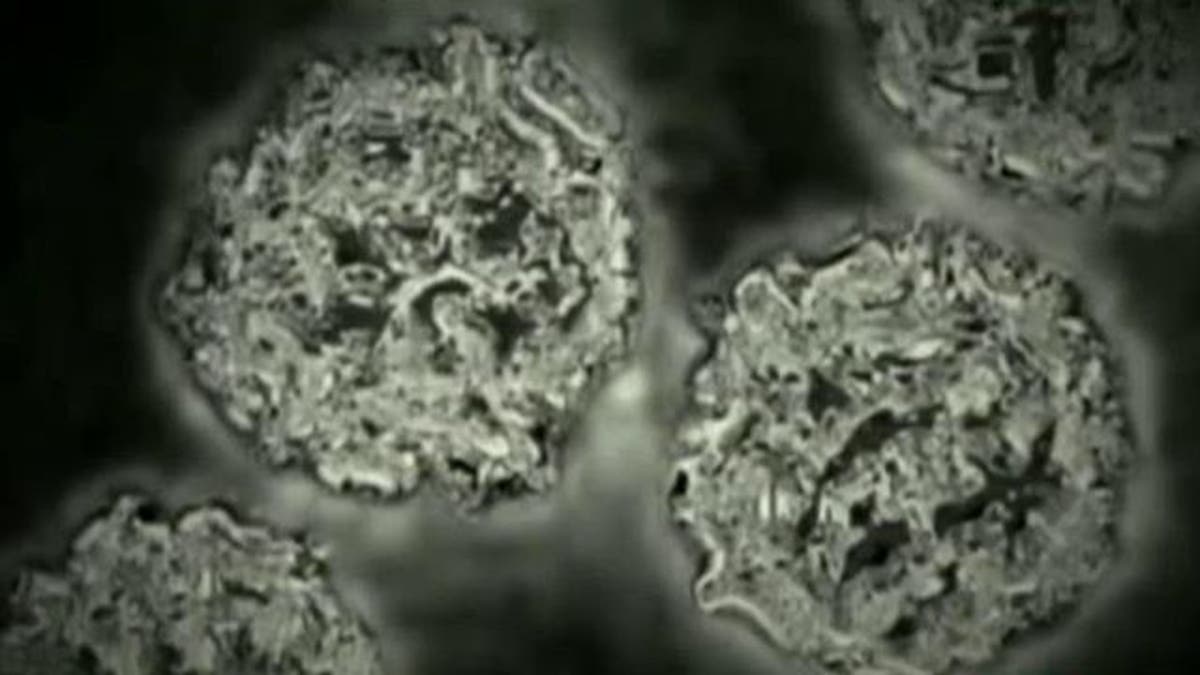
A 6-year-old Arizona boy’s death is the latest suspected casualty of a virus that’s sickened nearly 700 others in 46 U.S. states and is responsible for the deaths of at least two children.
Starting Tuesday, the Centers for Disease Control and Prevention (CDC) began using a new yes/no check test, which will allow them to process four to five times more specimens per day than it had been. The CDC has been seeing about 30 new enterovirus D68 cases per day, but it expects the number to jump to 90 or more a day with the enhanced test.
The latest suspected death of enterovirus is that of a 6-year-old boy in a Phoenix, Arizona suburb was confirmed Wednesday. Health officials said that the boy had a severe respiratory illness that had worsened over the weekend. His test results will be available in a week. The virus is the suspected cause for at least six other deaths, but only confirmed for two.
Meanwhile, hundreds of parents at the boy’s 1,100-student school are reportedly pulling their children out of class as a precaution.
“Parents have a lot of questions. Unfortunately, we don't have a diagnosis to tell them right now," said Erin Dunsey, a spokeswoman for the Peoria Unified School District.
The school has disinfected the classrooms, wiping desks and other surface areas. Teachers are also urging hand washing, a practice that experts have encouraged all parents to enforce among their children to avoid infection.
Enterovirus D68 is just one strain of 100 known non-polio enteroviruses in the world, according to Fox News contributor Dr. Marc Siegel, a practicing internist.
Enteroviruses cause upwards of 15 million infections annually, ranging from the common cold to meningitis. They are harbored in the GI tract, and symptoms vary depending on the strain.
Researchers first identified enterovirus D68, the current enterovirus strain, in California in the 1960s. Since then, a small number of cases have been reported each year, but many likely have gone unreported as doctors don’t regularly test for the virus.
Experts aren’t sure why this wave of enterovirus D68 has been more pronounced than in previous years.
Health officials first took notice of this year’s wave in August, when hospitals in Kansas City and Chicago saw severe breathing illnesses in kids in numbers they never see at that time of year.
One of the most troubling features of this enterovirus strain is its attack on children. Youth with asthma are particularly at risk, Siegel said. The virus is transmitted through sneezes, coughs and contact with surfaces that have been touched by an infected person.
"Many of us will have EV-D68,” Dr. Michael Fine, director of the Rhode Island Department of Health, said in a statement earlier this month. Fine had been addressing the death of a young Rhode Island girl who had enterovirus D68 and a rare infection with staph bacteria.
“Most of us will have very mild symptoms, and all but very few will recover quickly and completely,” Fine added. “The vast majority of children exposed to EV-D68 recover completely."
Enterovirus D68 can be asymptomatic in some people but can prove devastating in others, Dr. Amesh Adalja, an infectious disease physician at the University of Pittsburgh Medical Center, told LiveScience.
Visible symptoms of the virus include a runny nose, a low-grade fever and sneezing. But more severe effects are paralysis and muscle weakness. In Denver, Colorado, officials are examining nine cases of people with enterovirus D68 who have developed paralysis-like symptoms.
There is currently no vaccine for enterovirus D68. In addition to hand washing, the CDC recommends that children avoid touching their faces and that parents pay close attention to children with asthma.
The Associated Press, Reuters and LiveScience contributed to this report.
